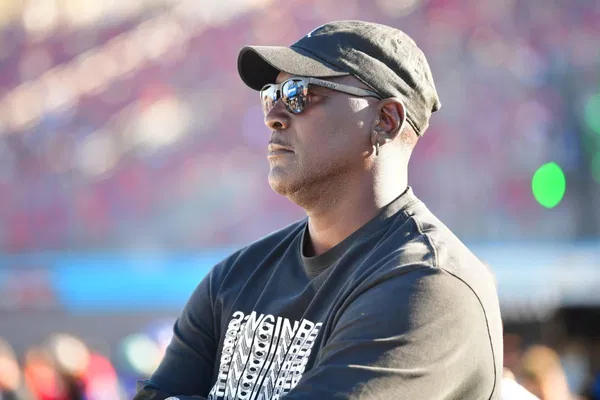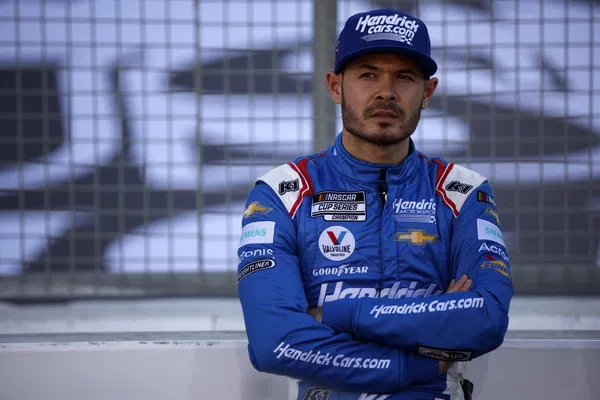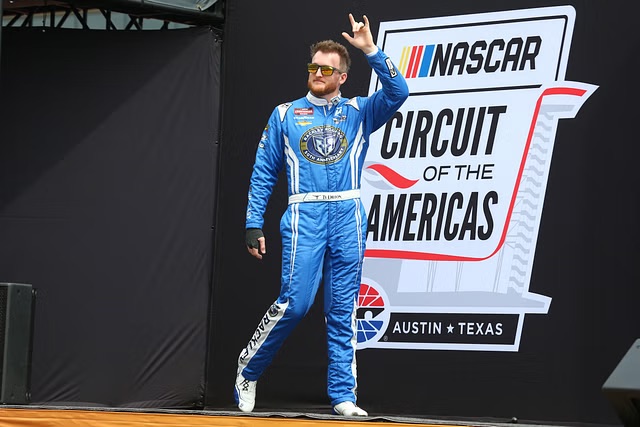Michael Jordan, co-owner of 23XI Racing, sparked major controversy when he declared, “I love the sport of racing and the passion of our fans, but the way NASCAR is run today is unfair to teams, drivers, sponsors, and fans.” That statement didn’t just stir emotions—it intensified a legal storm. Jordan’s team, alongside Front Row Motorsports, is challenging NASCAR in a significant antitrust lawsuit, accusing the organization and its CEO, Jim France, of monopolistic behavior.
At the heart of the case is the belief that NASCAR’s current system shuts teams out of meaningful decision-making and shortchanges them financially. Taking things a step further, Jordan’s legal team is now turning to Formula 1 to show what a more equitable system could look like. In their latest legal move, they’ve requested financial documents from Liberty Media, Formula 1’s parent company, to analyze revenue distribution, team shares, and valuations.
Why Formula 1? Because its structure contrasts sharply with NASCAR’s. F1 teams reportedly receive about 45% of prize money and bonuses, adding up to 60% of the total revenue. In 2024, Formula 1 brought in $3.65 billion, mostly from media rights, race promotions, and sponsorships. In contrast, NASCAR teams are said to receive around 50% of media revenue but lack a share in other income streams.

Moreover, F1 enforces a strict budget cap under the Concorde Agreement—$135 million per team—while also granting teams a real voice in the sport’s governance. NASCAR, on the other hand, has no cost cap and limited team influence. Though NASCAR has floated the idea of a spending cap, many teams have resisted.
By comparing NASCAR to F1, Jordan’s team hopes to highlight the disadvantages of NASCAR’s current model. Their expert witnesses aim to show the financial opportunities NASCAR teams may have missed under a fairer system. If Liberty Media agrees to provide the requested data, the outcome could be a game-changer across U.S. motorsports.
NASCAR, however, isn’t backing down. The organization is appealing a court ruling that sided with the teams, arguing that the judge misapplied antitrust laws. NASCAR insists its charter system, including exclusivity agreements and non-compete clauses, supports operational stability and fairness. As the case moves forward, the final decision could significantly impact how NASCAR teams are treated and reshape the sport’s future business structure.




